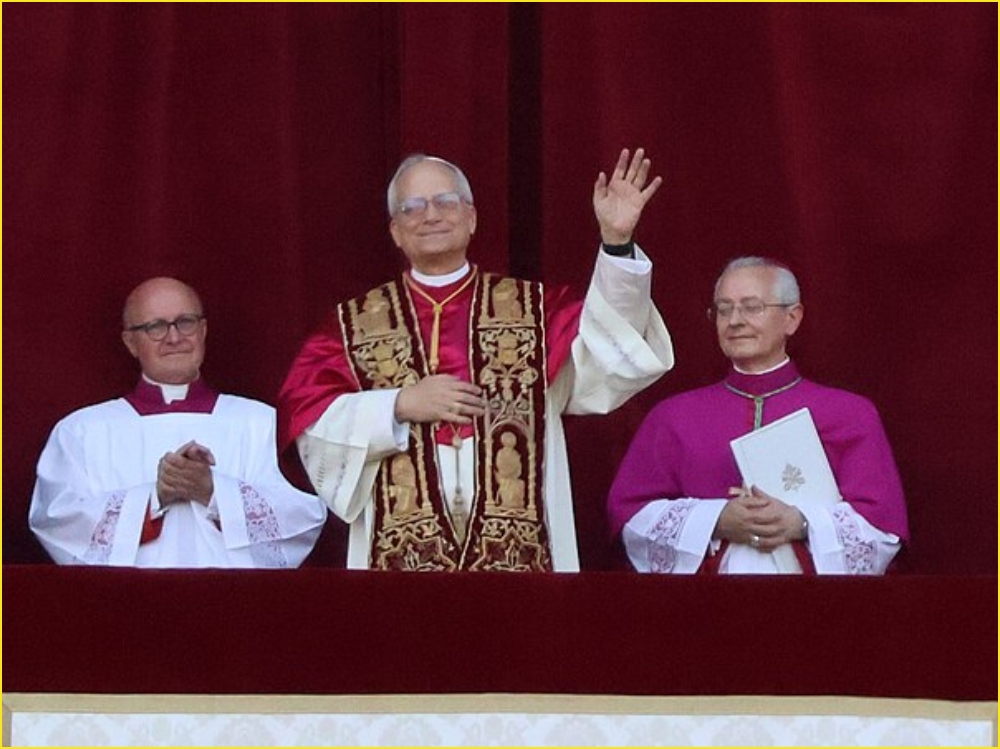Pope Leo intensified his criticism of President Donald Trump’s hard-line immigration stance on Tuesday, November 18, 2024, warning that millions of immigrants living peacefully in the United States are being subjected to treatment that falls far below basic standards of dignity.
Speaking to journalists in remarks captured on video and posted by CBS, the first North American pope said too many migrants—many of whom have lived in the U.S. for decades—are being handled “in a way that is extremely disrespectful, to say the least.”
“I think every country has a right to determine who and how and when people enter,” Leo said. “But when people are living good lives, and many of them for 10, 15, 20 years, to treat them in a way that is extremely disrespectful… I think we have to look for ways of treating people humanely, treating people with the dignity that they have.”
The pope stressed that immigration enforcement does not require cruelty or chaos.
“If people are in the United States illegally, there are ways to treat that. There are courts; there’s a system of justice,” he said.

A Sharpening Tone from the Vatican
Leo’s comments mark the latest escalation in his public criticism of Trump’s immigration policies, which he previously described in September as “inhuman.”
Those earlier remarks sparked fierce backlash among some conservative Catholics who accused the pope of overstepping into U.S. political affairs.
But Leo appears unmoved. In recent weeks he has deliberately positioned the Vatican as a moral counterweight to policies that advocates say have separated families, heightened fear in immigrant communities and normalized harsh, sometimes violent enforcement tactics.
Human-rights groups and church leaders have echoed the pope’s concerns, citing a growing number of long-term residents—many with U.S.-born children—facing abrupt deportation or detention.
A Ground-Level Reality the Pope Says Cannot Be Ignored
Although Leo acknowledged that sovereign nations have a right to police their borders, he emphasized that policymakers must consider the lived experiences of immigrants who have spent years working, paying taxes and raising families in the U.S.
The disconnect, he suggested, lies not in the existence of immigration laws but in the manner in which they are enforced. “There’s been some violence unfortunately,” Leo noted, a reference understood to point toward aggressive raids and detention practices reported under Trump.
For many Catholic leaders in the U.S., the pope’s statements reinforce a broader theological position: protection of vulnerable people is not optional; it is central.
Commentary: A Moral Challenge in a Political Season
The timing of Leo’s comments is notable. With immigration once again fueling American political divisions, the pope’s intervention underscores a message that extends beyond partisanship: that dignity should not be collateral damage in policy debates.
Whether Trump or his allies respond remains to be seen. But for immigrant communities accustomed to political crossfire, the pope’s remarks offer validation from one of the world’s most influential moral voices.
As debates over borders and belonging intensify, Leo’s message is blunt—and deeply human: A nation’s strength is measured not only by the security of its borders, but by the dignity with which it treats those who live within them.
